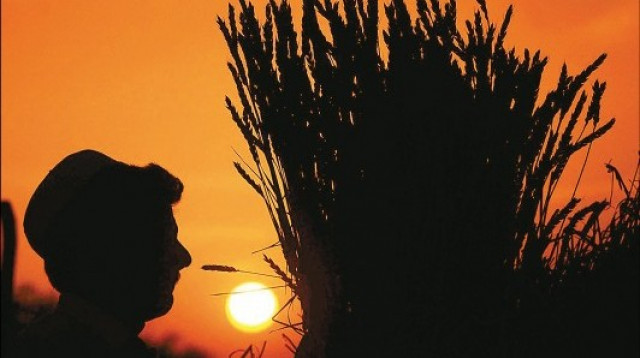The wheat glut
Farmers need prices to remain steady to make up for rising costs with their rising productivity.
The wheat glut
Trust the government’s bad management to turn good news into bad. Despite two years of devastating floods, Pakistan is about to have a record crop of wheat, unto itself very good news in an economy that has otherwise been struggling. Yet, what should have turned into a year where farmers make record incomes for their wheat crop, may well turn into a disaster for the country as the government’s overflowing wheat reserves create a massive glut in the market, which will likely drive down prices and result in highly inefficient consumption. Given the higher wheat support price this year, farmers could reasonably have expected to look forward to a rise in their income levels. Yet, the cost of ploughing an acre of farmland has risen sharply over the past year. Farmers need prices to remain steady to make up for rising costs with their rising productivity. If the government had adequately forecasted this year’s crop using scientific methods, it would have reduced its wheat reserves in time to prepare for the harvest. As it turns out, the government did nothing and now wheat will be dumped into the market at very low rates, discouraging farmers from planting wheat next season and may even result in Pakistan having to import it next year.
We understand the government’s worries about wheat. Food security is an important government responsibility. But maintaining gigantic, unmanageable reserves and indiscriminately subsidising production seems to be a highly inefficient way of going about achieving this goal, especially when one takes into account the fact that the World Food Programme says that half of all Pakistanis remain food insecure. Surely, there must be a better way to do this. As it turns out, Brazil seems to have discovered a way to do so. In the 1970s, Brazil phased out almost all subsidies on agriculture and replaced them with research into raising agricultural productivity. There is no reason to believe that this model cannot be applied in Pakistan.
Published in The Express Tribune, April 14th, 2012.
















COMMENTS
Comments are moderated and generally will be posted if they are on-topic and not abusive.
For more information, please see our Comments FAQ